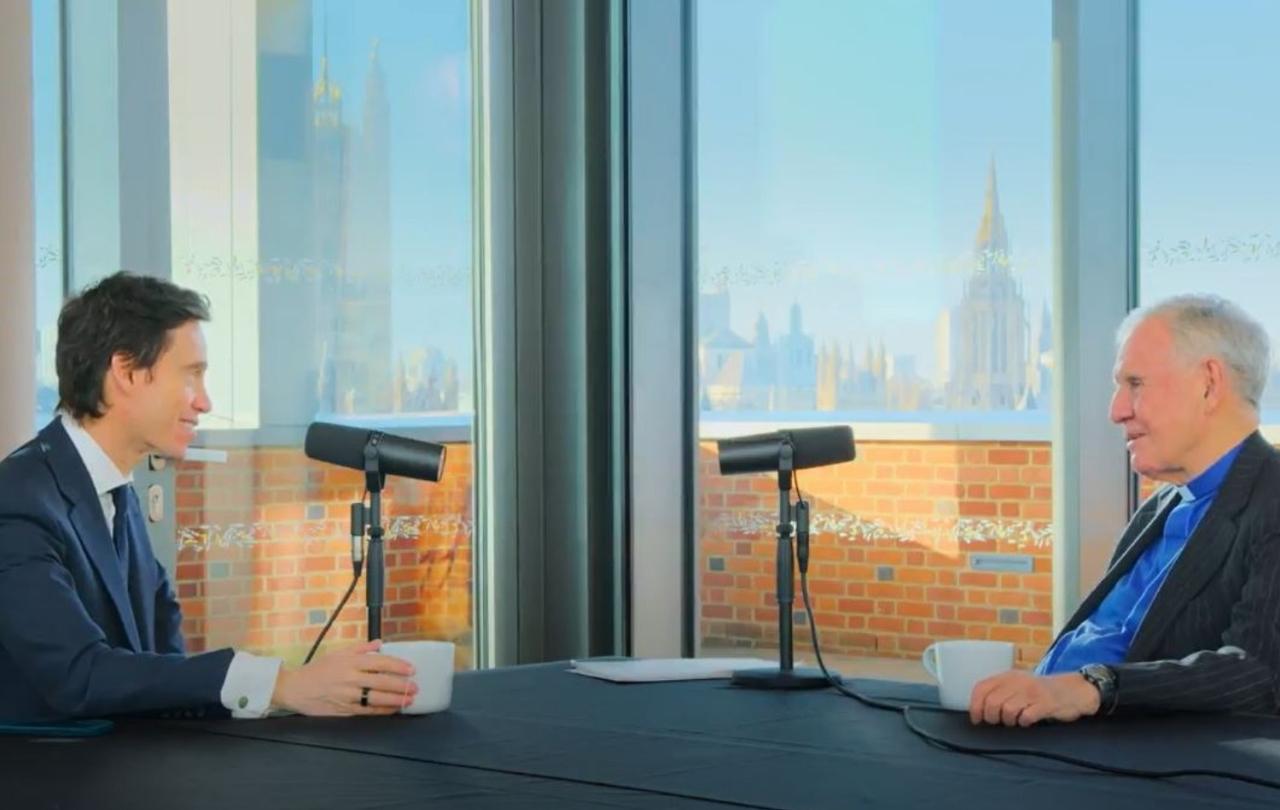
Listen now
Rory Stewart is a former cabinet minister and MP who co-hosts the hugely popular podcast 'The Rest Is Politics'. He is author of the best-selling autobiography 'Politics On The Edge'. He is interviewed by former cabinet minister Rev Jonathan Aitken who spent time in prison after being convicted of perjury, an experience which led him to embrace Christian faith. They talk about whether politics is being taken seriously, prison reform, and how Stewart's own faith informs his vocation to public life and service.
For Rory Stewart: https://www.rorystewart.co.uk/
For Re-Enchanting: https://www.seenandunseen.com/podcast
There’s more to life than the world we can see. Re-Enchanting is a podcast from Seen & Unseen recorded at Lambeth Palace Library, the home of the Centre for Cultural Witness. Justin Brierley and Belle Tindall engage faith and spirituality with leading figures in science, history, politics, art and education. Can our culture be re-enchanted by the vision of Christianity?





